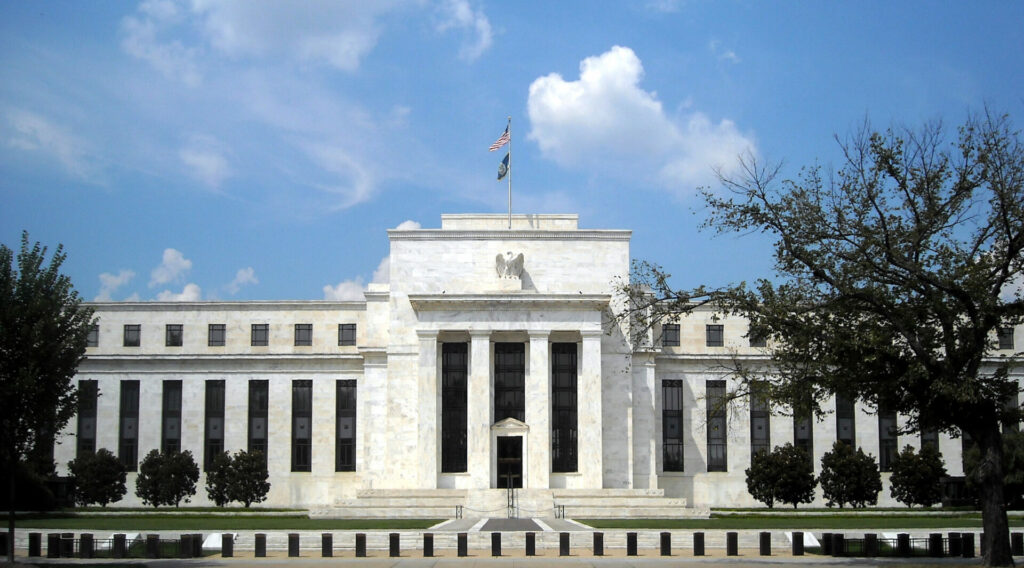The US Federal Reserve raised its benchmark interest rate by 0.25 percentage points on Wednesday to a target range of 4.5%-4.75%, its highest level since 2007.
The latest increase marks the Fed's eighth rate hike since March 2022, as it attempts to control soaring inflation precipitated by Russia's invasion of Ukraine in February last year.
However, the most recent hike also represents a slowdown compared to previous increases: in December, the Fed raised rates by 0.50 percentage points, after three consecutive 0.75 percentage point increases.
More hikes to come?
In a press conference, US Fed Chairman Jerome Powell explained that the reason for the smaller rate hike was a promising recent reduction in US inflation, which fell to 6.5% in December from 7.1% in November.
"Inflation data received over the past three months show a welcome reduction in the monthly pace of increases," Powell said.
However, Powell indicated that further rate hikes were likely, and emphasised that inflation is still well above the Fed's official 2% target: "The job is not fully done. While recent developments are encouraging we will need substantially more evidence to be confident that inflation is on a sustained downward path."
Related News
- Inflation in Belgium falls for third month in a row
- UK only major economy to shrink in 2023, says IMF
On Thursday, both the Bank of England (BoE) and the European Central Bank (ECB) are expected to raise their benchmark rates: the BoE is set to raise its core rate a further 50 basis points to 4% — its tenth interest rate hike since December 2021 — while the ECB will likely raise its benchmark rate by 50 basis points to 2.5% — its fifth increase over the same period.
The expected rate hikes follow hawkish statements by ECB President Christine Lagarde, who informed the World Economic Forum at Davos in January that inflation is "still way too high", and that the ECB will "stay the course... so that we can return inflation to 2% in a timely manner".
Lagarde's remarks were echoed by Klaas Knot, a member of the Governing Council of the ECB: "In the December data, we saw a first decline in headline inflation, but that was entirely due to base effects and lower energy inflation. When we focus on core inflation, unfortunately, it's not good news; it is still on the rise. Underlying inflationary pressures show no signs of abating yet."

